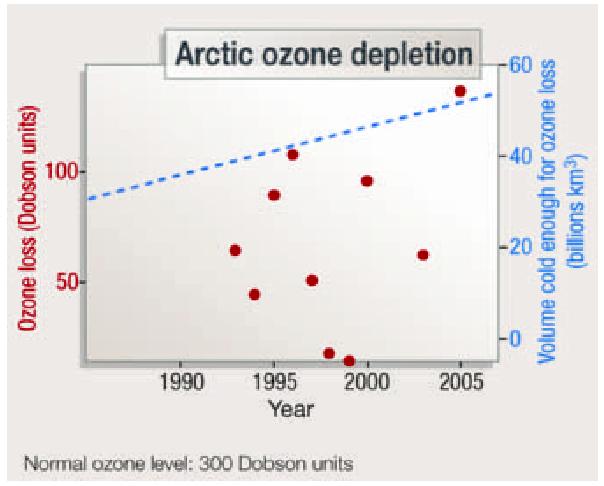The conventional wisdom in meteorology has been that certain factors such as the complete oceanic state and the exact concentrations of greenhouse gases are of minor importance for a normal weather forecast. Moreover, whereas sea surface temperatures (SST) are important, the deep sea temperatures are believed to have little impact for predictions for the next few days. The reason is that the ocean reacts slowly to changes in the atmosphere (has much higher inertia and much higher heat capacity). Hence, the most important information needed for such a weather forecast is the atmospheric initial conditions, a description of what the atmosphere and the SST look like when the weather model starts computing the weather evolution.
[Read more…] about Greenhouse gases help seasonal predictions




